[Explainer]: How did ‘Abacha loot’ happen? How are the recovered funds being spent?
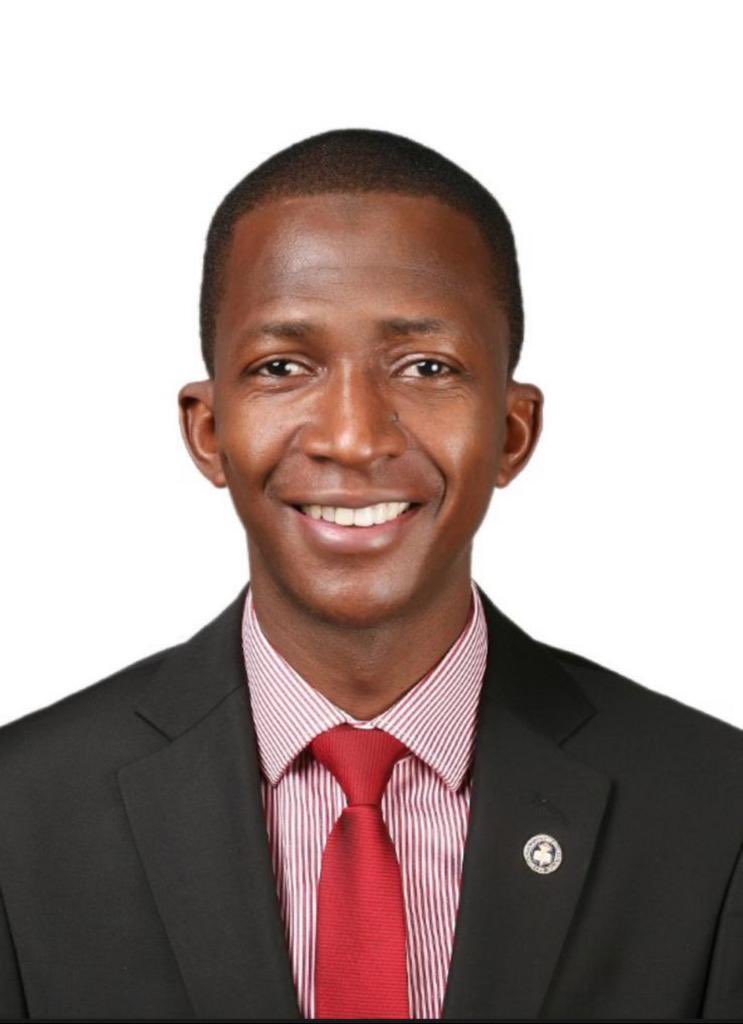
Some persons who aided the looting under Abacha are still alive, walking freely in Nigeria; some holding and/or aspiring for high political positions today
By Theophilus Abbah
The phrase ‘Abacha loot’ entered into global anti-corruption lexicon in the post-military rule in 1999, and it is used to describe the recovery of huge funds in foreign currencies, stolen by family members and associates of the late General Sani Abacha, who was Nigeria’s military Head of State from 1993 to 1998. At the time, Nigeria was ex-communicated from the comity of nations, including the Commonwealth, because the military usurped powers from democratically-elected regime since 1984. Since then, there had been one military coup after another, in such successions that depicted political instability. Nigeria was isolated, like any pariah state, and the military junta was scorned by many world leaders. The scandalous looting of Nigeria’s treasury took place under that reign of terror.
The scandalous looting of Nigeria’s treasury took place under that reign of terror
‘Abacha loot’ is in reference to funds now being recovered. Between $4 billion and $5 billion is suspected to have been shipped out of the Central Bank of Nigeria (CBN) over the five-year period Abacha ruled Nigeria, with record brutality, human right abuses, and clampdown on the press. So far, about $3.4 billion has been recovered from several European countries which served as save haven for illicit funds. The latest of the funds recovered was being returned to Nigeria on August 23, 2022, as the Nigerian government signed an agreement with the United States for the repatriation of $23 million recovered from bank accounts maintained by the Abacha clan in America.
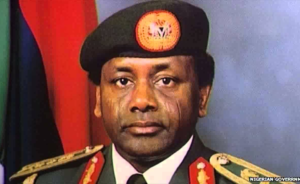
Late Sani Abacha
How the looting was discovered
During the Abacha rule, it was believed that police intelligence had monitored how funds were being moved out of the CBN by his associates. Therefore, upon his demise in 1998, Abacha’s successor, General Abdulsalami Abubakar, set up a Special Investigation Panel (SIP), headed by a Deputy Commissioner of Police, Peter Gana, of the Special Fraud Unit of the Nigeria Police, to probe the allegations. The probe revealed how close associates of Abacha and his children connived to move funds in hundreds of dollars and British Pounds from the CBN in fraudulent transactions, among them the debt buy-back in the name of Ajaokuta Steel Company in Kogi State.
So far, about $3.4 billion has been recovered
This discovery made the Abdulsalami regime to enact a Forfeiture of Assets, etc (certain Persons) Decree No.53 of May 26, 1999. A book on recovery of stolen funds in which the Abacha case study was mentioned, says: “This decree ordered the return to the Federal Republic of Nigeria of real property and movable assets, as well as cash, that had been acquired and held illegally by General Sani Abacha, certain members of his government (notably Ismaila Gwarzo, National Security Adviser, Anthony A. Ani, Minister of Finance and Bashir Dalhatu, Minister of Power and Steel), certain members of his family (notably Mohammed Sani Abacha, General Sani Abacha’s eldest son and the latter’s brother, Abdulkadir Abacha), and other third parties (Abubakar Bagudu and Abdulazeez Arisekola Alao).”
International Dimension to the Fraud:
The report of the SIP pointed to the fact that some looted funds had been moved to Switzerland. Therefore, when Olusegun Obasanjo was sworn in in 1999, he set in motion the process of tracing those funds. The government contacted Swiss lawyer Enrico Monfrini to take on the task of combing banks in the European country for funds which may have been stashed there by the military dictator’s associates. As Monfrini set in motion the legal process in Switzerland, he stumbled upon millions and several millions of dollars linked to the Abacha syndicate, with a particular bank having opened some 130 bank accounts for the fraudsters. The move yielded great results. At the end of December 1999, a total of $645 million were frozen in Switzerland by the Examining Magistrate.
In order to repatriate the funds to Nigeria, a lawsuit was instituted by government against the ‘owners’ of the money
In order to repatriate the funds to Nigeria, a lawsuit was instituted by government against the ‘owners’ of the money. The outcome was that “The Geneva Examining Magistrate indicted Mohammed Abacha and Abubakar Bagudu of fraud, unfaithful management, participation in a criminal organization and money laundering, respectively on 26 May 2000 in Lagos and on 26 April 2000 in the Swiss Embassy in London.” Abubakar Bagudu is at present the governor of Kebbi State, and a key leader of the ruling All Progressives Congress (APC). On his part, Mohammed Abacha had won the Peoples Democratic Party (PDP) primary election to contest for the governorship of Kano State, one of the commercial centres in Nigeria. Since 2011, Mohammed Abacha had been a political associate of President Muhammadu Buhari in the Congress for Progressive Change (CPC).
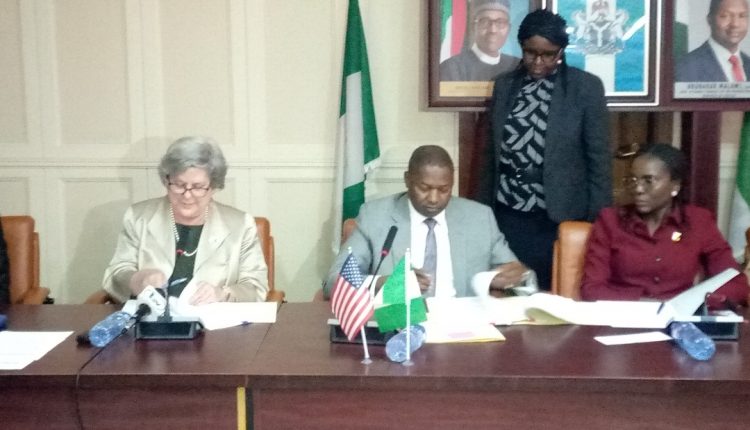
AGF Malami Signing Agreement With the US Ambassador
Floodgates of Recovery:
The successes recorded in Switzerland opened the gates for the recovery of funds stolen and lodged in bank accounts in other European countries. Further investigations in Europe revealed that the Abacha clan had deposited stolen funds in Luxembourg, the UK, Liechtenstein, Jersey, Germany, Austria, the Bahamas, Belgium, the Cayman Islands, France, Kenya and the United States. In each of these countries, members of Abacha family and their foreign collaborators faced legal action, bordering around fraud, inflated contracts, forgeries, bribery and related offenses. In each case, they were found guilty, and courts insisted that the funds stashed in their banks be repatriated to Nigeria. The victory was achieved through mutual cooperation of prosecutors, examining magistrates and police in several jurisdictions.
Funds repatriated to Nigeria so far:
For about 20 years, Swiss lawyer Enrico Monfrini working with other legal luminaries in countries where stolen funds were lodged, worked tortuously through narrow and thorny legal procedures to convince judges that funds held by the Abacha family in many accounts were proceeds of corruption. Some of the funds recovered so far include the followings:
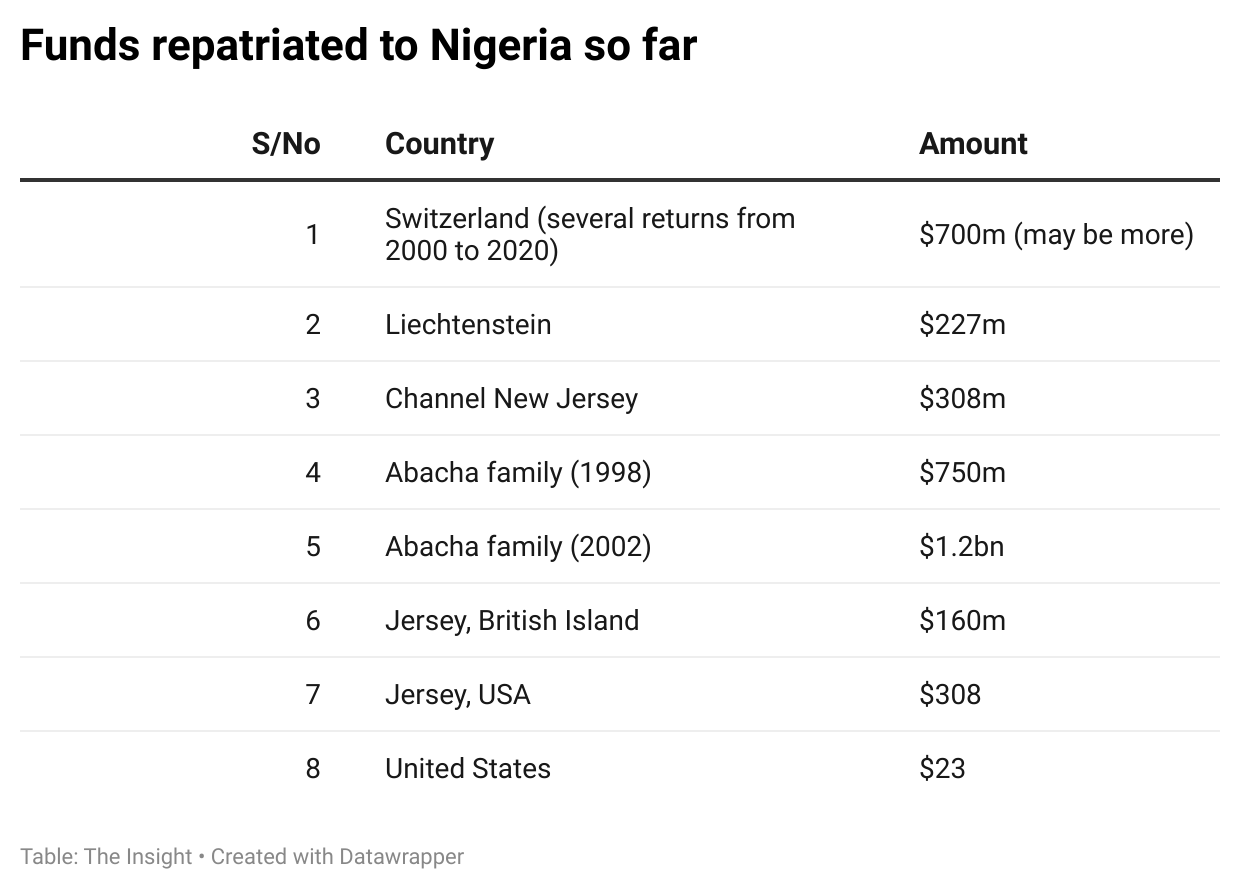
Under what conditions were the funds repatriated?
Countries that have cooperated with Nigeria in our bid to recover ‘Abacha loot’ have attached some conditions to releases, specifically insisting that they must be applied to major capital projects. Some were to be used to help finance the construction of the Second Niger Bridge, the Lagos-Ibadan expressway and the Abuja-Kano road. Others were meant for humanitarian projects. The degree to which these projects are executed with transparency and accountability is yet to be seen. Worse still, it is feared that the kind of looting that took place under the Abacha regime, where the CBN was compelled to release undeserved funds in the name of the president, may not have ended. The fact that an Accountant General of the Federation (AGF), Ahmed Idris, who should secure Nigeria’s receipts, was being investigated by the Economic and Financial Crimes Commission (EFCC) is a pointer to the fear that Abacha loot may be a tip of the iceberg, if and when the suspected rot in the Buhari administration is exposed at the expiration of his tenure in 2023.
Conclusion:
The twin tasks before Nigeria are: how to judiciously apply the recovered fund, and how to prevent fresh looting of the treasury.
In a BBC interview, Monfrini said proudly that tracking Abacha loot and ensuring funds were repatriated to Nigeria were, for him, a life-time achievement. He says, “When I speak to my very many children about this case, I tell them I found money and I blocked the money, I persuaded the authorities to go after these people and get the money back to the country for the good of the Nigerian people. We did the job.” The twin tasks before Nigeria are: how to judiciously apply the recovered fund, and how to prevent fresh looting of the treasury.
The Insight Report
Nigeria Coverage

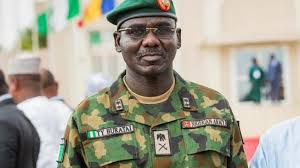
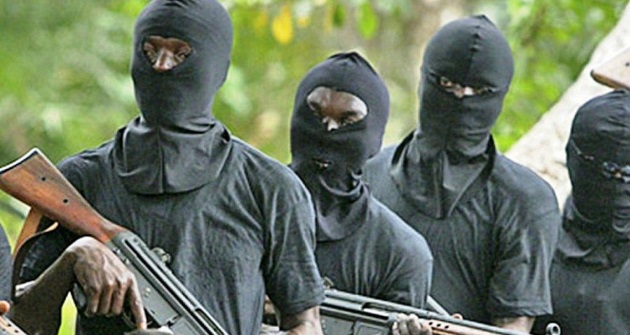
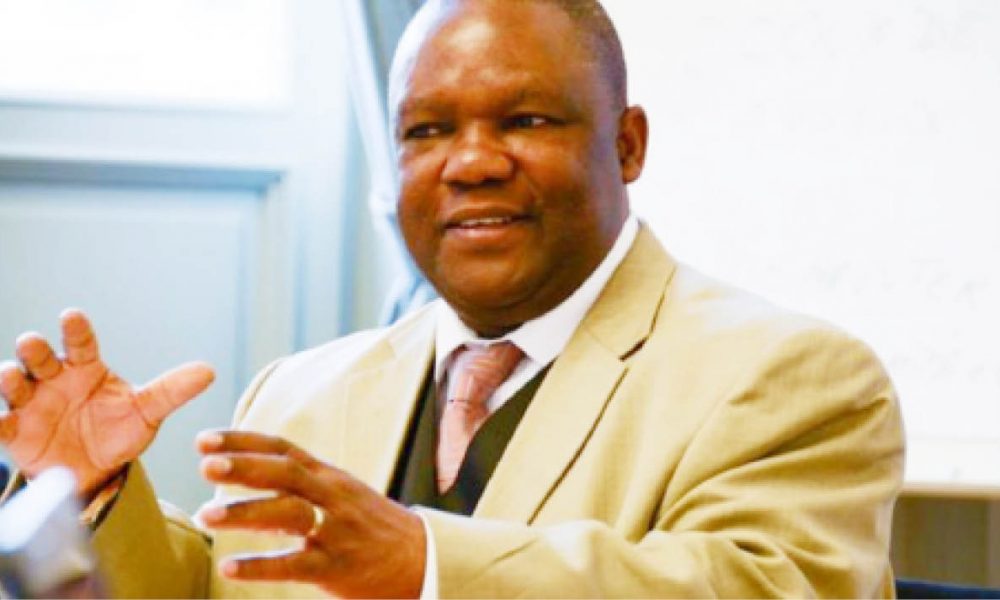
One Comment